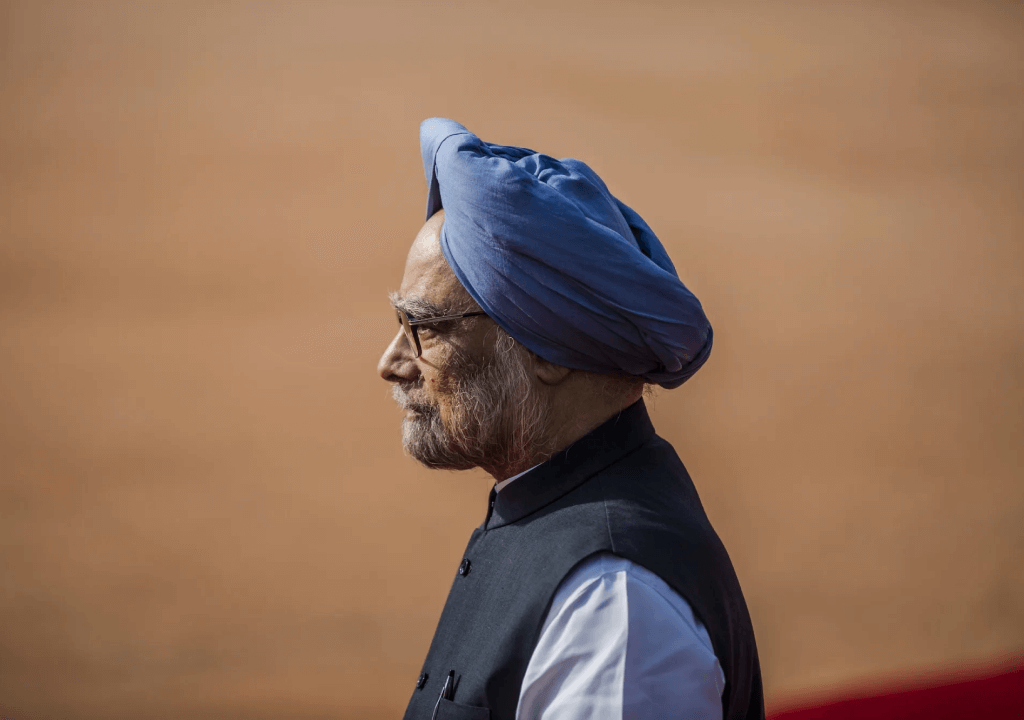Manmohan Singh did not possess the fiery charisma many consider essential for a successful Indian politician. He refrained from delivering biting insults, stirring animosity, or crafting electrifying slogans that sparked frenzied devotion among the masses. Instead, he embodied a quieter virtue—a man of action who quietly transformed policy into progress. India mourns and bids farewell to one of its most transformative leaders, former Prime Minister Manmohan Singh, who passed away at the age of 92 in New Delhi due to age-related health issues. The economist-turned-politician is regarded as one of the most impactful figures in modern India, having saved the Indian Union from economic collapse and helped shape the country into a globally competitive economic powerhouse.
Singh entered politics in 1991 when India was facing one of its most severe economic crises, teetering on the brink of default. Prime Minister PV Narasimha Rao appointed Singh, a renowned economist, as Finance Minister. Amid the chaos, Singh stood at the precipice, tasked with averting disaster. With the nation on the edge of collapse, his bold reforms dismantled the remnants of a Soviet-style command economy and introduced a liberalized system that revitalized India’s prospects. Singh drew from Victor Hugo’s words, stating that when the time is right, no power on earth can stop an idea. He believed that India’s emergence as a major economic power in the world was one such idea whose time had come. He dismantled the restrictive “license raj,” which controlled factory production and limited the types of products available. He devalued the rupee to stimulate exports, opened key industrial sectors to private and foreign investment, and slashed taxes. These transformative steps sparked rapid economic growth and earned Singh the title of India’s economic “liberator.” His actions did more than save the nation—they reoriented India’s future, protecting it from the economic unraveling experienced by the Soviet Union.
The same deft economic leadership defined his first term as Prime Minister. Under his stewardship, India emerged as a rising economic powerhouse, with the economy growing at more than 8%. Singh championed initiatives like the Food Security Act to combat hunger on a national scale and institutionalized the Right to Information Act. He introduced transformative initiatives like the Mahatma Gandhi National Rural Employment Guarantee Act (MGNREGA), designed to uplift the country’s most disadvantaged citizens. Additionally, he negotiated vital nuclear energy agreements and played an instrumental role in the landmark Indo-US civil nuclear deal, which not only ended India’s nuclear isolation but also secured the nation’s energy future for generations.
Despite his considerable achievements, Singh Often portrayed as the “Remote-controlled” Prime Minister of the Gandhi dynasty, he faced intense media criticism, accused of being a passive leader in a highly charged political landscape. His reserved demeanor and reluctance to step into the spotlight only fueled these perceptions, earning him the label of an “Accidental Prime Minister.” His second term was overshadowed by a series of massive corruption scandals that undermined public trust in his administration. Though personally incorruptible, Singh was criticized for failing to assert control over his coalition partners. His former adviser, Sanjaya Baru, in his memoir, observed that while Singh upheld the highest standards of integrity, he did not enforce these standards on others. Singh’s perceived deference to Sonia Gandhi further led to allegations that he was merely her “Puppet.”
The debates surrounding Manmohan Singh’s legacy underscore both his remarkable achievements and the perceived limitations of his leadership. While many in today’s middle class, burdened by the weight of taxes, look back with nostalgia at his tenure, it is impossible to ignore the fact that his second term paved the way for the rise of the BJP and Narendra Modi, ushering in an era marked by Hindu nationalism. In the process, his leadership precipitated the near-collapse of the Congress Party. Though Singh himself did not directly contribute to this downfall, his tenure marked the beginning of a slow but irreversible decline for the party. Once a dominant force in Indian politics, Congress has since withered into a shell of its former self, its relevance in both the electoral arena and in political discourse shrinking ever smaller.
Even though Singh distanced himself from politics after his time as Prime Minister, the weight of his legacy lingers—compelling and contradictory. On one side of history’s ledger, he saved India from an economic abyss and oversaw a profound transition in the country’s economy and global standing. Yet, his era also witnessed the decline of Nehruvian socialism and the Congress Party’s weakening grip on power. Ultimately, history may well be kinder to him than many of his contemporaries, remembering him as a figure who, without fanfare or spectacle, steered India through turbulent waters—a hero not of blaring headlines, but of quiet determination.








